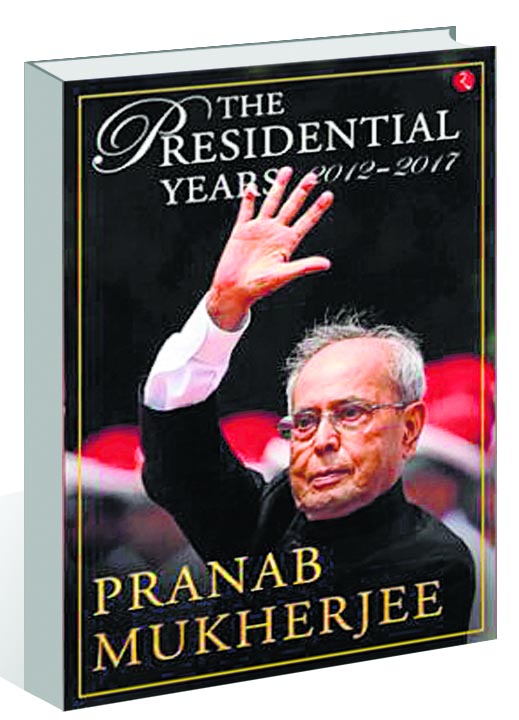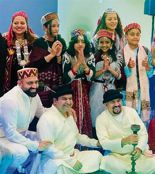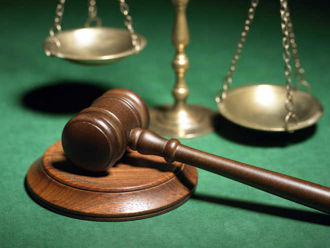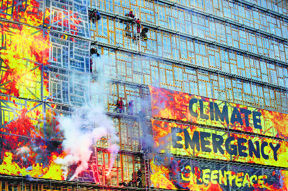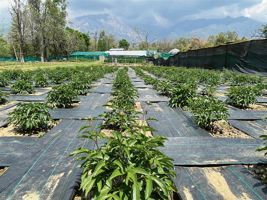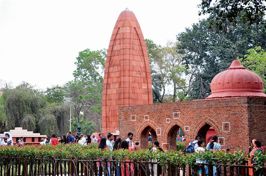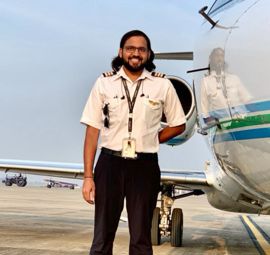THE PRESIDENTIAL YEARS: 2012–2017 by Pranab Mukherjee. Rupa. Pages 280. Rs695
Book Title: THE PRESIDENTIAL YEARS: 2012–2017
Author: Pranab Mukherjee
Rasheed Kidwai
Pranab Mukherjee had a habit of saying: “There are three things — A and B.” Somehow, the C part remained unspoken as if intentionally. ‘The Presidential Years — 2012-2017’, the fourth and last edition of his memoirs, a treasure trove of political secrets, suffers from a similar weakness.

Mukherjee rightly points at the lack of charismatic leadership in his former party, the Congress, as a key factor for 2014’s worst ever electoral performance. He, however, deftly glosses over his role in perpetuating the dynasty culture. Mukherjee alone was instrumental in getting rid of AICC chief Sitaram Kesri in favour of Sonia Gandhi. It was in March 1998 that Mukherjee, AICC general secretary then, invoked Clause J of Article 19 of the Congress Constitution to show the door to Kesri.
Incidentally, in 1998, when Sonia Gandhi had taken over as the AICC chief, she was not a Member of Parliament. Mukherjee piloted a crucial amendment to the Congress Parliamentary Party (CPP) Constitution empowering her to appoint two leaders in the Lok Sabha and Rajya Sabha. Clause 5 was amended to create a chairperson’s post: ‘The chairperson shall have the authority to name the leader of the CPP to head the government, if necessary.’ In 2004, she exercised that authority to name Dr Manmohan Singh as leader of the House in Rajya Sabha and Prime Minister.
Mukherjee was also an active participant at the Hyderabad plenary in 2006 when the Congress Working Committee ‘requested’ Sonia to appoint Rahul as AICC general secretary and a ‘first among equals’ in the party hierarchy.
However, author Mukherjee deserves full marks for writing extensively on his ties with two Prime Ministers — Dr Manmohan Singh and Narendra Modi, his reflections on Parliament functioning, judiciary, foreign policy, interaction with world leaders and dealings with mercy petitions. Mukherjee may lack Barack Obama’s genuine literary style, but his account is delightful, rich on facts and leaves a reader craving for more.
Mukherjee’s presidential years were not “remarkable”. The former Congressman remained a status-quoist, who unlike Shankar Dayal Sharma, KR Narayanan or APJ Abdul Kalam failed to assert himself or make any significant pronouncements. Sharma had questioned Narasimha Rao’s handling of events leading to the Babri demolition. On December 6, 1992, Sharma issued one of the strongest presidential fiats ever witnessed in Independent India. His directive to the government of the day to do all that was necessary to preserve peace and ensure the rule of law might have been an unusual step for a constitutional head of state.
Like Sharma, Narayanan too had a formidable reputation of going public in larger public interest. His Republic Day addresses were keenly heard and he made a habit of taking a dig at the government of the day. Narayanan’s chides were not confined to BJP-NDA alone. In 1997, when the then United Front government had tried to impose President’s rule in Uttar Pradesh after a failed attempt to dislodge the Kalyan Singh government, Narayanan had returned the Cabinet’s recommendation for proclamation of Central rule. It marked a decisive transformation of the much-abused powers of Central governments to end the rule of their political opponents in states. Kalam’s sequel to his bestseller, ‘Wings of Fire’, gave an ample picture of his uneasy relationship with the Manmohan Singh government from May 2004 till his term as President expired in July 2007.
In contrast, Mukherjee, in his memoirs, claims he did not confront the Modi government’s move to impose President’s rule in Uttarakhand in March 2016 as it would not have served any purpose except to make some headlines. Mukherjee says he had advised Arun Jaitley and Nripendra Misra, principal secretary to Prime Minister Modi, to wait for 36 hours before taking a decision. But it was disregarded. For an astute politician like Mukherjee, this line of defence sounds a bit implausible.
Mukherjee had nursed a desire to be Prime Minister, perhaps deservingly so. This aspiration did not die even after completing five years in the magnificent Rashtrapati Bhavan. In 2019, Mukherjee was no longer President but he was expecting a coalition, “which could be either a pre- or post-poll alliance”. Always measured with words, Mukherjee’s observation is not without significance. There are no ifs and buts in history. Would Mukherjee have considered leading a coalition of non-NDA parties? He offers no clue.
The Mukherjee years saw the President spending time to set up a museum where old treasures, such as a portrait of Lord Irwin, walking stick of VV Giri and other items were dusted, restored and granted a proud audience in a garage-turned-museum inside Rashtrapati Bhavan.
As President, Mukherjee rejected a record 30 mercy petitions involving 40 convicts. His predecessor Pratibha Patil had granted clemency to 34. Mukherjee says he had a simple view on it. If the government favours a mercy petition being accepted, the President does so and vice versa. Mukherjee avoids going into a debate whether he should have viewed these cases as an act of grace or correcting any possible judicial errors.
On a positive note, Mukherjee’s memoirs offer riveting first-person accounts and explain the important decisions that were taken. But on the flip side, his silence on the growing cult of intolerance, majoritarianism, mob lynching, cow vigilantism, sordid toppling of state governments, reckless utterances of some Governors is disturbing. After all, he remained a politician in the Nehruvian mould who, for the most part of his life, served as a real priest of democracy and custodian of the Indian Constitution.






